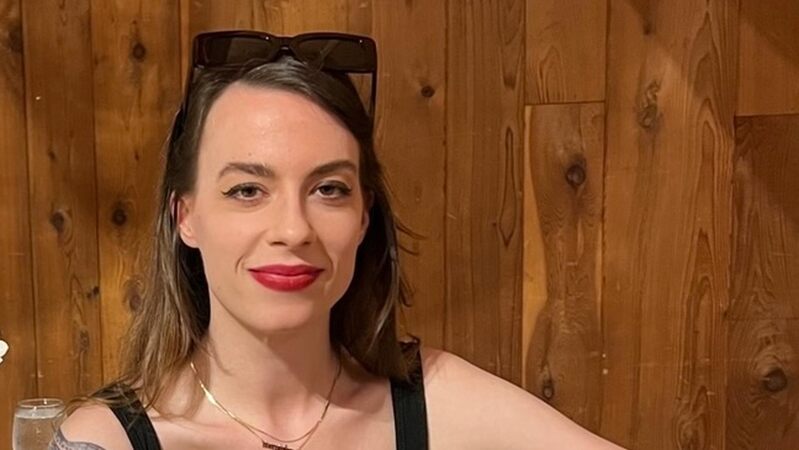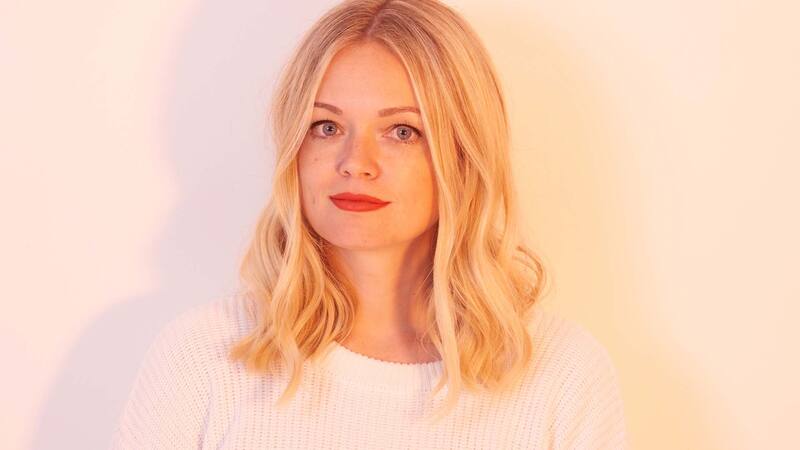You are viewing your 1 free article this month. Login to read more articles.
Bodley Head FT Essay Prize goes to Laurence Blair
Journalist Laurence Blair, 24, has won the £1,000 2015 Bodley Head FT Essay Prize for "150 Years of Solitude: Bolivia’s Dreams of the Sea".
The prize, going into its fourth year in seeking "dynamic, authoritative and lively" essays of up to 3,500 words, was launched by the Financial Times and The Bodley Head, an imprint of Random House, in 2013. It is open to anyone between 18 and 35, with the aim of discovering "global young talent in long-form essay writing", and can address any subject so long as it demonstrates "quality writing".
The winning essay, by a journalist working for The Economist Intelligence Unit, is about Bolivia's lost coastline. It was hailed "a phenomenal piece of writing" by The Bodley Head and credited by art historian Simon Sharma in creating a whole new genre he called "magical journalism".
The essay will be published in the Financial Times Life & Arts and made into an e-publication for The Bodley Head on Saturday (30th January). Blair will also be interviewed on the Vintage Podcast and for FT.com in addition to the £1000 prize, and be provided with a subscription to FT.com and a selection of books from The Bodley Head.
Two runner-up works will also be published as e-books by The Bodley Head on Saturday. They are "Head in the Cloud’" by Sophie McBain and "Lady Singham’s Mission Against Love" by Snigdha Poonam.
Blair is a journalist and analyst, focusing on Latin America. He read History at Oxford University, graduating in 2012, and has reported from Bolivia, Chile, Paraguay and Peru on development, drug-trafficking, mining and guerrilla groups. He grew up in Dorset, and is currently based in London.
He said: "Overall, there was well over a year between recording the first interview and seeing this piece in print, and I’m hugely surprised and grateful to have won the essay prize. The spaces for reflective, long-form writing are few and far in between – pitching news editors over a dodgy phone connection with a 3000-word story involving guano, The Hague, battleships, socialism and Big Ben is quite a hard sell – so it’s fantastic that the FT and Bodley Head offer this support and opportunity to young writers. I’d encourage anyone to pursue their story idea – even, or especially if it seems overly ambitious – and to enter the competition."
The panel of judges comprised: historian Simon Schama; Will Hammond, editorial director for The Bodley Head; Stuart Williams, publisher for The Bodley Head; digital publisher for PRH Dan Franklin; editor for the FT weekend Caroline Daniel; and Lucy Tuck, editor of FT Life & Arts.
Schama said: "With this report on Bolivia's sorrow for its lost coastline, Laurence Blair has invented a completely new genre: magical journalism, at once fantastical (Caimans amidst the waterlilies) and pragmatically droll. It's full of weird wit but also a deep sensitivity to the wounds of national sentiment. It's one of a kind but I suspect after reading it many more fine essayists will be tempted to follow where Laurence Blair has led."
Williams, publishing director for The Bodley Head said: "This is the secret history of a place locked in by land and history, a country whose sense of itself is informed by its borders and its frustrated dreams of the sea. Laurie Blair has produced a phenomenal piece of writing that puts the reader right in the heart of somewhere singularly strange and complicated. We were all transported by it."
Caroline Daniel, editor for FT Weekend added: "The winning essay was a brilliantly mature intellectual jigsaw puzzle - it combined an obscure moment of nationalistic history, with personal anecdote, travel writing and narrative sweep. It was a hugely ambitious project, but one that is a perfect match for the essay format."
The "genuinely life changing prize" has opened doors for previous winners, including inaugural winner Hedley Twidle, who is now a regular writer for the New Statesman and FT, and last year's winner Edward Posnett, who bagged a book deal with Bodley Head. Posnett's first book, Harvest, is due for publication with The Bodley Head in 2017; it grew directly from his winning essay, "Eiderdown".

















